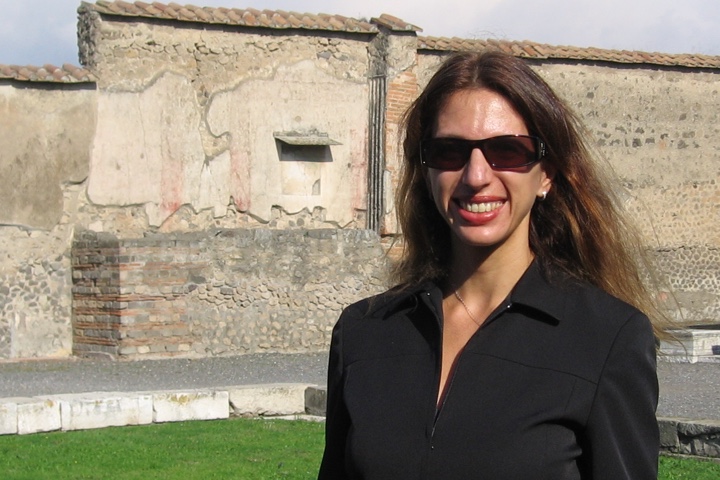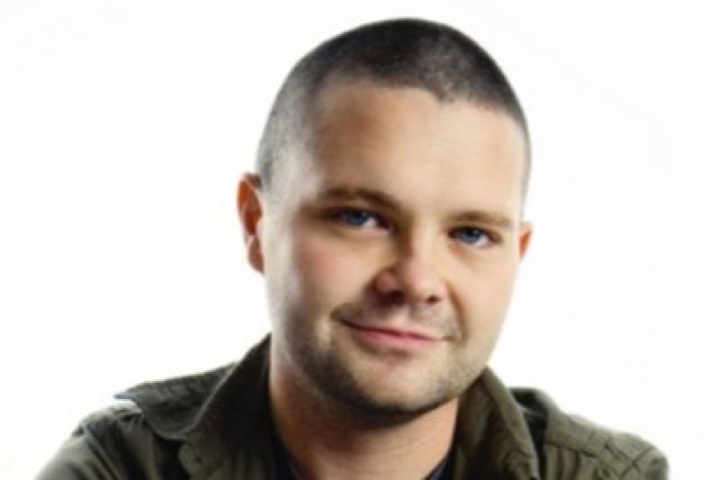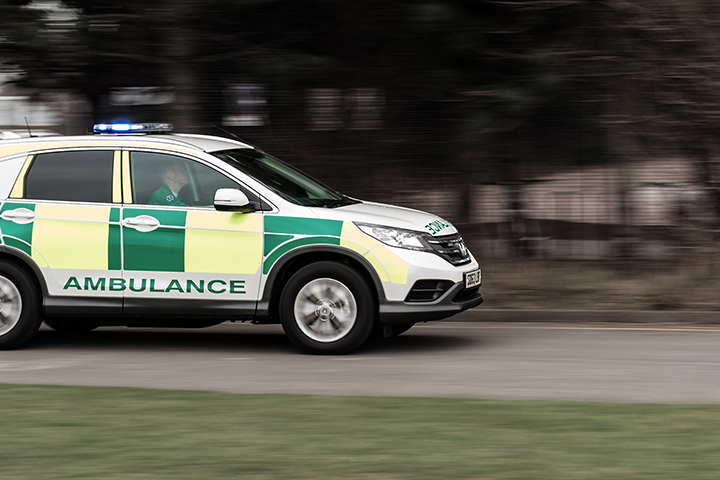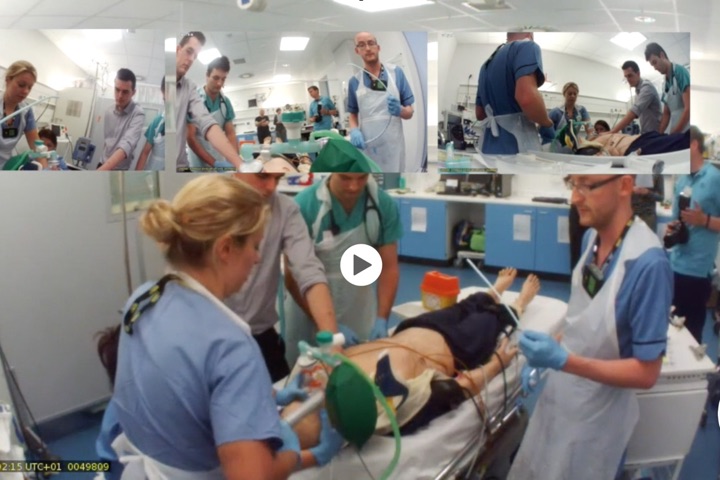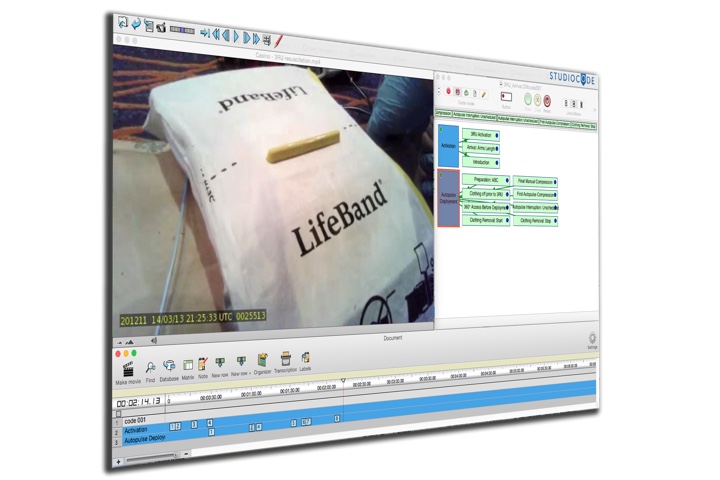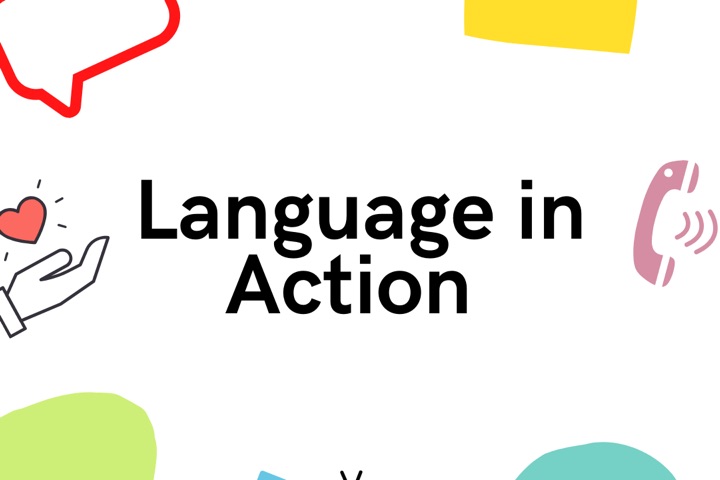The First, First Responder
This UKRC funded study aims to bridge important gaps in our knowledge, providing the first window into the experience of the OHCA bystander responder. These insights will allow us to identify ways we can improve the early steps in the “chain of survival” following OHCA — the steps often most likely to bring about the biggest improvements in patient survival and function after a cardiac arrest.
While considerable efforts have been made to determine the best ways to perform cardiopulmonary resuscitation (CPR) for persons suffering a cardiac arrest, and also to understand what the physical and psychological impact on the victim might be, very little is known about what actually occurs when a lay person is suddenly confronted by someone in cardiac arrest.
Despite the bystander’s critical role in summoning and delivering help to the victim, almost no information exists as to how the bystander makes crucial decisions, such as when to call emergency services, or whether to begin CPR. Similarly, the impact of such an experience on the subsequent well-being of the bystander, and what support may be helpful or necessary for them, has not been evaluated.
Project manager Christine Houser is a a US-trained emergency medicine consultant, fellowship qualified in out-of-hospital medical care, British Psychological Society recognised, with 8 years of university-level training in psychology. She is joined by Professor ChrisMcVittie (Social Psychology) and Dr. Karen Goodall (Psychology) from Queen Margaret University . Both have worked extensively in the application of qualitative techniques to health and health-related areas of enquiry
This project will adopt a mixed methods approach utilising both qualitative and quantitative methodologies to obtain detailed knowledge of bystander actions, experience, and well-being after out-of-hospital cardiac arrest.

